
Stock market is booming - Photo: AI drawing
The stock market has overcome tariff fears.
In a recent report, SGI Capital - the manager of the open-end fund The Ballad Fund - pointed out many points to note about the Vietnamese market.
Vietnam was recently among the first countries to reach a trade agreement with the US. There are still many details that need to be negotiated, such as the ratio of origin and the details of tax rates by industry.
However, according to SGI Capital, reaching an agreement early will help Vietnamese export enterprises, whether domestic or FDI, proactively calculate and adjust their business plans.
In fact, registered FDI in the first half of 2025 reached a record and disbursement increased by 8.1% over the same period. SGI Capital believes that the increased tariffs (about 10-15% compared to before) will affect the group of businesses with less competitive advantages.
But in the long term, this will be a great driving force for businesses to restructure the value chain of product lines in depth and diversify the market.
In addition, after the psychological shock in April, the direct impact of the US's reciprocal tax policy on the stock market is actually quite limited, as the proportion of listed enterprises exporting goods to the US is very low and these enterprises themselves are not pessimistic about the competitiveness and export prospects of Vietnamese goods.
SGI Capital believes the market has "overcome the shock and fear of US tariffs", to turn its attention to the next focal points that will happen in the second half of the year such as the prospect of an upgrade and the spread and acceleration of growth.
In addition to tariffs, the financial market previously had concerns related to the State Bank of Vietnam (SBV) net withdrawal of treasury bills and the exchange rate continuously breaking the peak, contrary to the trend of the USD Index.
However, SGI Capital experts believe that SBV is completely proactive in raising the central rate to help neutralize the impact of tariffs, and the net withdrawal of T-bills in a few sessions at the end of June is only aimed at rebalancing the excessive short-term liquidity.
The difference between the VND/USD exchange rate and other Southeast Asian countries is about 5-8%, enough to create a buffer for export enterprises to compete. With the downward trend of the USD Index and the determined tariff framework, the exchange rate may have passed the most stressful period of this year, SGI Capital assessed.
On the other positive note, SGI Capital observed that foreign capital flowed back to Vietnam very strongly in the early sessions of July, somewhat in line with net buying in other ASEAN countries. The fear of high tariffs on Vietnamese exports to the US - the last barrier for foreign capital flow - has been removed.
"After the hot surge in real estate prices, gold prices and even crypto, stocks are the only major asset channel left that is still cheap and below the 2022 peak," SGI Capital expert emphasized.
Target towards historical peak of 1,550 points
Mr. Dong Thanh Tuan, an analyst at Mirae Asset Securities, also said that the preliminary tariff agreement between Vietnam and the US has somewhat reshaped Vietnam's growth prospects, bringing about intertwined challenges and opportunities in the context of many details that need to be further discussed, such as how to determine the "significant change" criteria and the removal of non-tariff barriers.
The fact that the worst-case scenario regarding tariffs did not happen helped the stock market to flourish in June, and at the same time helped the VN-Index conquer the psychological resistance zone of 1,400 points.
The outlook for July in particular and for the third quarter in general is expected to be reinforced by the picture of profit growth in the second quarter, especially for the banking and export groups.
Mr. Tuan predicts that short-term adjustments are considered necessary factors to help the market form new balance zones, before reaching the historical peak of 1,550 points.
According to experts, the positive signals in the stock market are also reinforced by a series of structural changes in the growth orientation and targets of the Government and National Assembly in 2025.
However, the context of increased risks from external factors along with a series of internal structural changes has partly created a "trilemma" situation in management policy, when prioritizing promoting economic growth through credit and public investment will partly trade off the ability to control exchange rates and inflationary pressure, Mr. Tuan noted.
Source: https://tuoitre.vn/sau-dot-tang-nong-bat-dong-san-va-vang-chung-khoan-la-kenh-duy-nhat-duoi-dinh-2022-20250710143822963.htm


![[Photo] National Assembly Chairman Tran Thanh Man attends the VinFuture 2025 Award Ceremony](/_next/image?url=https%3A%2F%2Fvphoto.vietnam.vn%2Fthumb%2F1200x675%2Fvietnam%2Fresource%2FIMAGE%2F2025%2F12%2F05%2F1764951162416_2628509768338816493-6995-jpg.webp&w=3840&q=75)




![[Photo] 60th Anniversary of the Founding of the Vietnam Association of Photographic Artists](/_next/image?url=https%3A%2F%2Fvphoto.vietnam.vn%2Fthumb%2F1200x675%2Fvietnam%2Fresource%2FIMAGE%2F2025%2F12%2F05%2F1764935864512_a1-bnd-0841-9740-jpg.webp&w=3840&q=75)




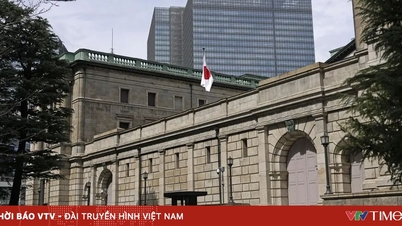
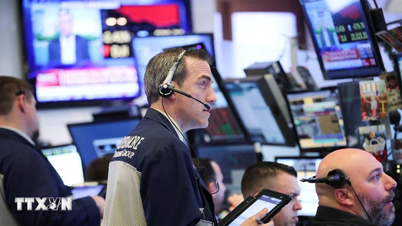



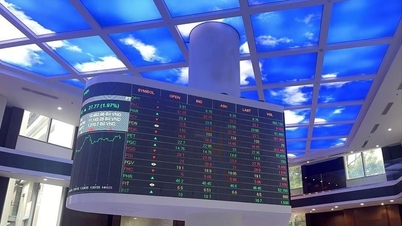



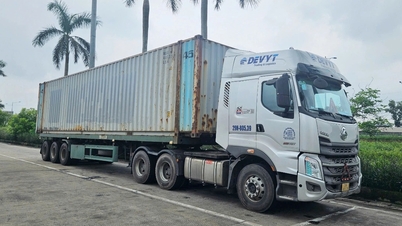













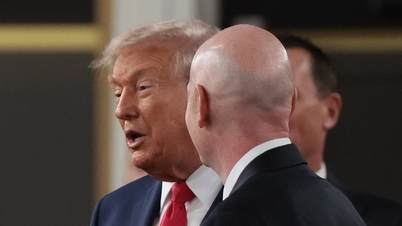








































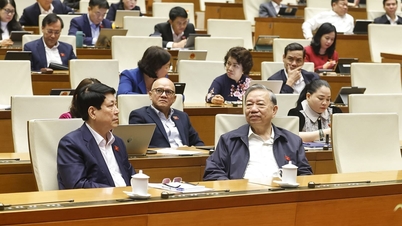













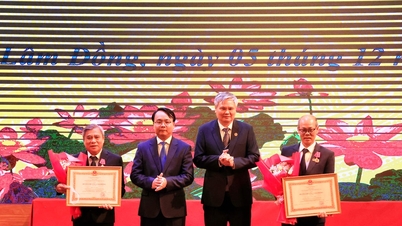



















Comment (0)